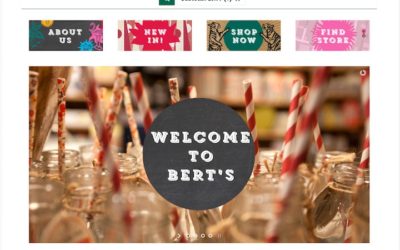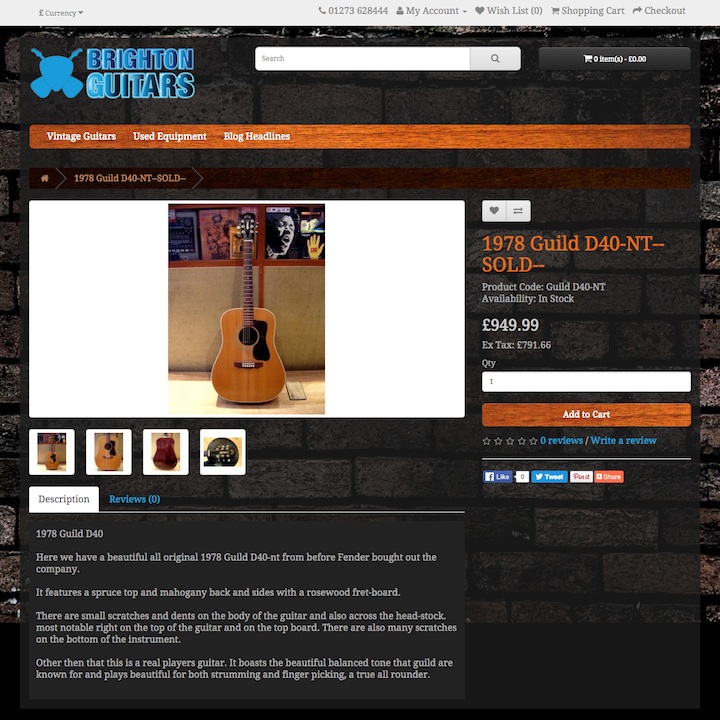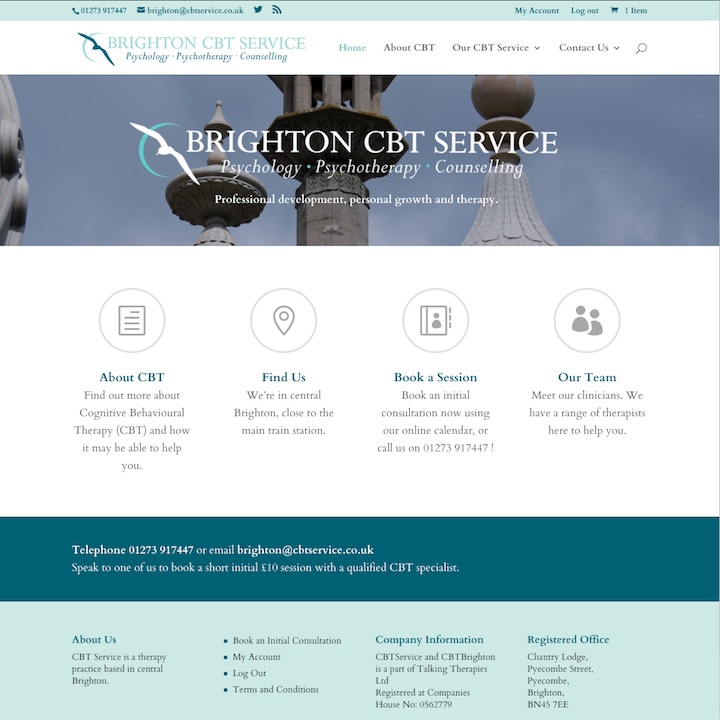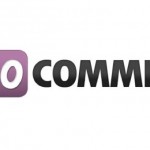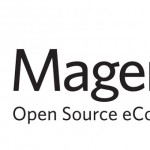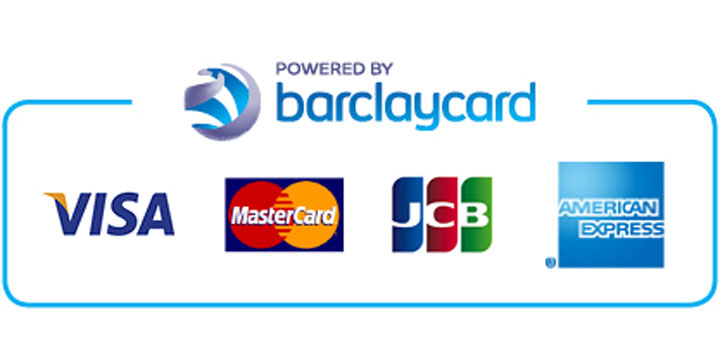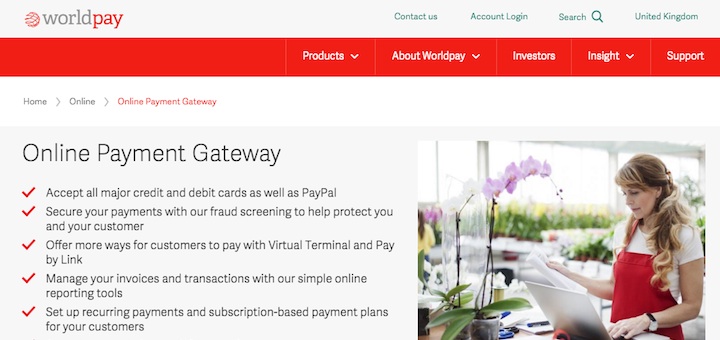Ecommerce Website Development
The UK has one of the most online markets in the world, and this proportion of customer spend is growing. Ecommerce web development will add the ability to sell products or services to your website, allowing your business to reach this market.
As ecommerce has been around for nearly 2 decades, it has now matured into the familiar functionality we see today. This uses a “shopping basket” model, where the customer:
- browses the catalogue on the site
- adds a product (or products) to a basket, selecting the colour size, etc.
- views the basket to review what has been selected, adjusting amounts etc.
- proceeds to the checkout where they enter billing and delivery details
- proceeds to the payment gateway where they enter their card payment details
- receives an order confirmation page and email
- an optional account might be created for the customer to view their past orders, update their delivery details or re-order items
Aside from this basic ecommerce capability, ecommerce web development might also involve many other features designed to help make it easier for customers to choose the perfect products, such as
- Customer reviews are particularly important in helping a potential customer decide if the product is suitable. These can be gathered and moderated on the website itself, or provided by a neutral third party service.
- Product suggestions, such as “Customers who viewed this product, ended up buying these products”, can be a very effective way of steering a customer to a good product, increasing customer satisfaction.
- Sophisticated product filters help customers drill down by brand, size, colour etc. to find the perfect product.
- Search suggestions in the site search box can alert customers about what is available related to their search.
Moot Point has experience with several popular ecommerce frameworks. All of these are open source, meaning they are maintained by a community of thousands of volunteers keeping them up to date and secure. Open source software is free to use, reducing the development cost, and easy to host on cost-effective hosting.
Some popular ecommerce frameworks are compared below:
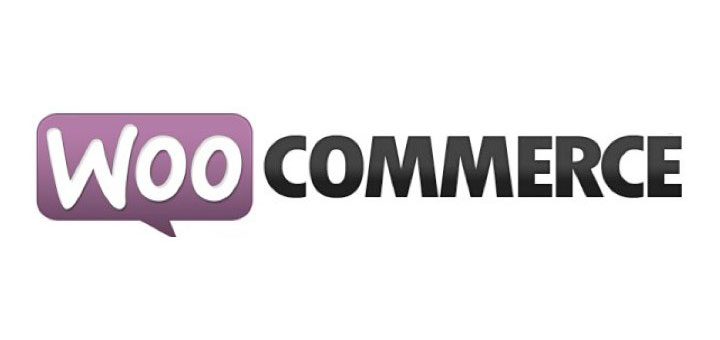
WooCommerce
- User friendly admin, nicely integrated with WordPress
- Excellent choice of high quality themes
- Simple to install and set up
- Many plugins and payment gateways available
- Requires performance tuning for busy stores
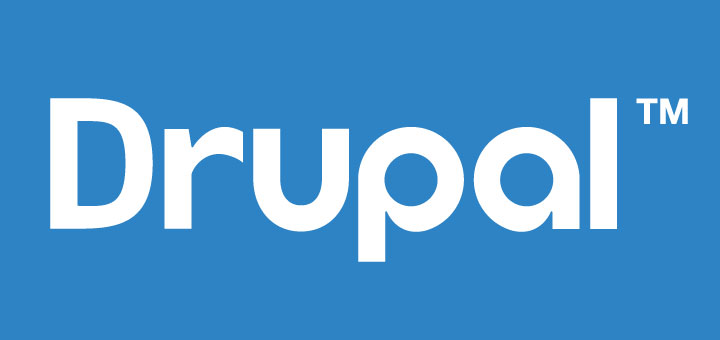
Drupal Commerce
- Highly configurable ecommerce framework can provide exactly the functionality required
- Complex to configure to specification
- Modules available for subscriptions, memberships, bookings, classifieds, marketplaces
- Robust solution for busy sites with specific requirements
- Many payment gateways available
- Admin area is less intuitive than others
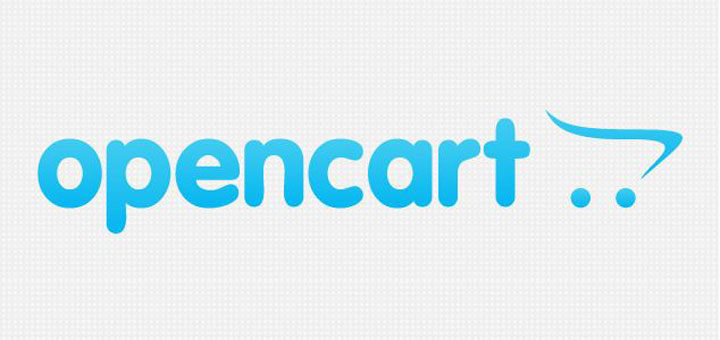
OpenCart
- Excellent ecommerce framework for SMEs
- Well designed intuitive admin area is easy to use
- Straightforward to get a store up and running for a small business
- Many payment gateways available
- The quality and range of themes available is poor
- Performance struggles on busy sites
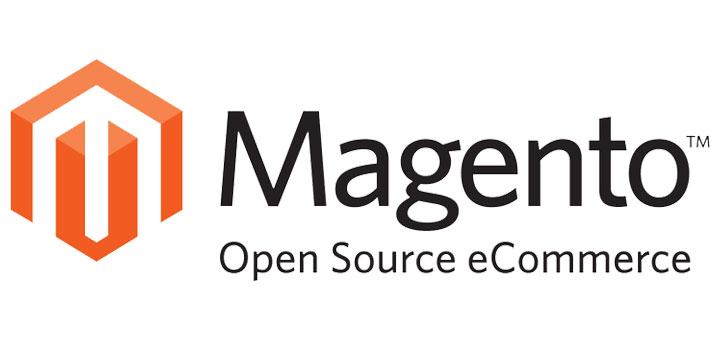
Magento
- Sophisticated platform designed for ecommerce from the ground up
- Complex highly configurable products are possible
- Demanding hosting requirements
- Suitable for enterprise level stores
Find Out More
Recent Ecommerce Projects
Bert’s Homestore
Ecommerce site built in WooCommerce with custom responsive theme and integration with the company’s stock control system via REST API.
Brighton Guitars
Ecommerce site build in OpenCart with custom-built theme and integration with EPOS system.
CBT Service
WordPress build with WooCommerce booking system and Xero accounting system integration.

